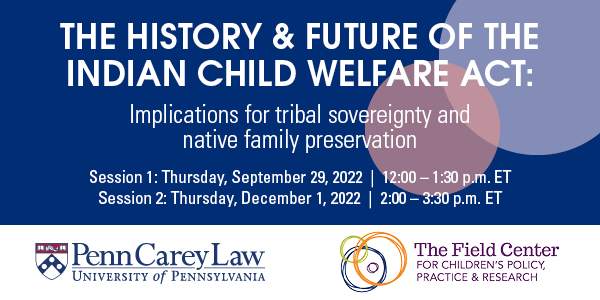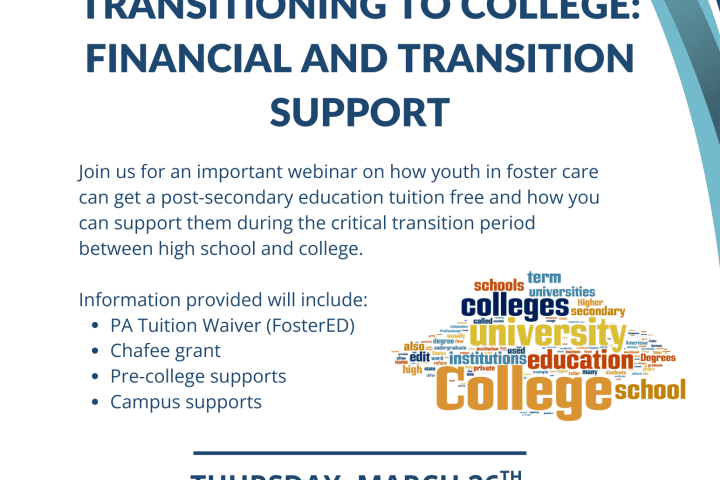Community Symposium: Indian Child Welfare Act Session 1

The History & Future of The Indian Child Welfare Act Session 1: Background and Implementation of the Law
Featured Speakers:
Kimberly Cluff
California Tribal Families Coalition
Sheldon Spotted Elk
Casey Family Programs
Nikki Farago
Minnesota Department of Human Services
Across the country, there are 574 federally recognized Native American tribes that have a government-to-government relationship with the United States. As sovereign nations, they have legal jurisdiction over their lands and citizens. However, until the passing of the Indian Child Welfare Act of 1978 (ICWA), the authority of Tribes to exercise their exclusive jurisdiction over their Native children in child custody proceedings was not recognized. ICWA established procedural guidelines for placement and removal protocols that mandate notice to Native families and Tribes in all pending child custody proceedings to prioritize family integrity and adhere to tribal sovereignty. In recent years, ICWA has been a legal battleground between non-native families seeking to adopt native children and native families trying to keep children connected to their culture and communities. The current legal challenge to ICWA is headed to the Supreme Court, which could either reaffirm the constitutionality of the law acknowledging the special relationship between tribes and the federal government or strike it down as an unconstitutional “race-based” law in violation of equal protection and states’ rights.
